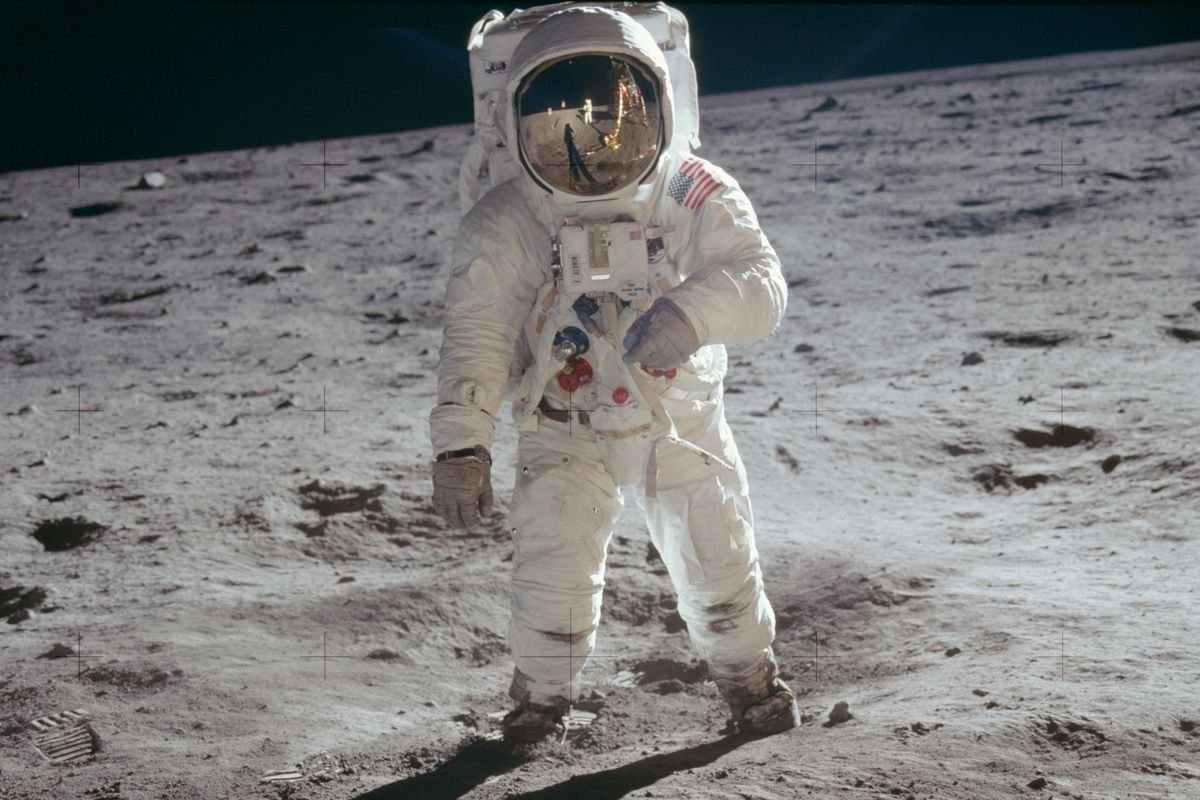There are some people who think that the only reason men do not break down crying when losing a job is only because of a “performance.” As in, they want to cry but prevent themselves to maintain “facade.” Ofc this is a female way to think, but I will explain the actual reality.
Tears are a result of being overwhelmed by a situation. As a child, I remember (as many do) some personal calamity that would provoke an emotional response of overwhelming emotion. The immature response is to cry, because this is how infants ask parents for help.
So crying is confrontation of a problem that is beyond your means to solve, and this provokes is extreme emotion at not being able to obtain what you want. So when children or adults cry they are signaling for someone else to step in and solve their problem.
So when men don’t cry at something like losing a job, or even greater calamities, it’s because we know implicitly that we can solve or survive whatever current difficulty faces us. We could be right or wrong, but there’s a surety that comes with experience.
It’s that emotions are literally not a big factor. It’s the ability to understand the relative difficulty of different problems and understanding all the means he has available to them. Some things are painful but not a big deal compared to previous experiences.
I think for women it’s difficult to understand that “emotions are just not a big factor” they think we’re like them, so they think we’re “performing” but we’re not. We just know. There’s no uncertainty about it.
As a man, negative emotion is more likely to manifest as sleeplessness - not a momentary overwhelming, but a kind of anxiety that is an impulse to go out and hunt.
• • •
Missing some Tweet in this thread? You can try to
force a refresh






